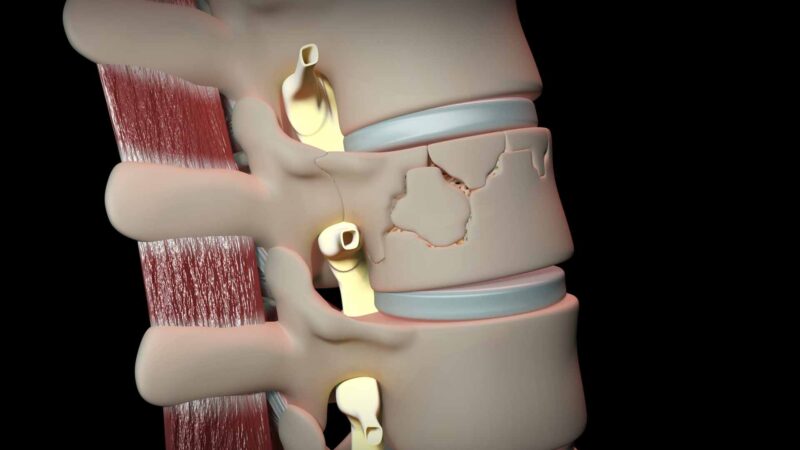Professor Alex Fornito
Head of the Brain Mapping and Modelling Research Program
Turner Institute for Brain and Mental Health, Monash University
VICTORIA, AUSTRALIA
Bench Side Story continues with a Professor and Head of the Brain Mapping and Modelling Research Program at the Turner Institute for Brain and Mental Health, at Monash University in Melbourne, Victoria, AUSTRALIA.
Professor Alex Fornito completed his Clinical Masters (Neuropsychology) and PhD in 2007 in the Departments of Psychiatry and Psychology at The University of Melbourne before undertaking Post-Doctoral training in the Department of Psychiatry at the University of Cambridge, UK, under the auspices of an NHMRC Training Fellowship. He is currently a Sylvia and Charles Viertel Foundation Senior Research Fellow, co-Director of the Brain, Mind and Society Research Hub and Head of the Brain Mapping and Modelling Research Program at the Turner Institute for Brain and Mental Health.
Professor Fornito’s research concentrates on developing new imaging techniques for mapping human brain connectivity and applying these methods to shed light on brain function in health and disease. A major emphasis of his work concerns understanding foundational principles of brain organization and their genetic basis; characterizing brain connectivity disturbances in psychiatric disorders such as schizophrenia; and mapping how brain networks dynamically reconfigure in response to changing task demands.
You Might also like
-
Computer science approach to detecting dementia
Watch Xinyi Wang, a researcher at the Wicking Dementia Research and Education Centre, University of Tasmania talk on identifying new approaches to detecting dementia.
-
Dr Ryan O’Hare Doig
NEIL SACHSE CENTRE FOR SPINAL CORD RESEARCH (SAHMRI)
SOUTH AUSTRALIA
AUSTRALIA -
Relationship between language-literacy skills and mental health
In an innovative move towards enhancing mental health services, Associate Professor Amanda Neil and team, supported by the RHH Research Foundation, are undertaking a crucial study on language-literacy skills of patients within mental health care settings. This year-long project, which commenced in April 2024, seeks to unravel to what extent, where and for whom language-literacy skills are being considered in Tasmanian mental health service provision.



